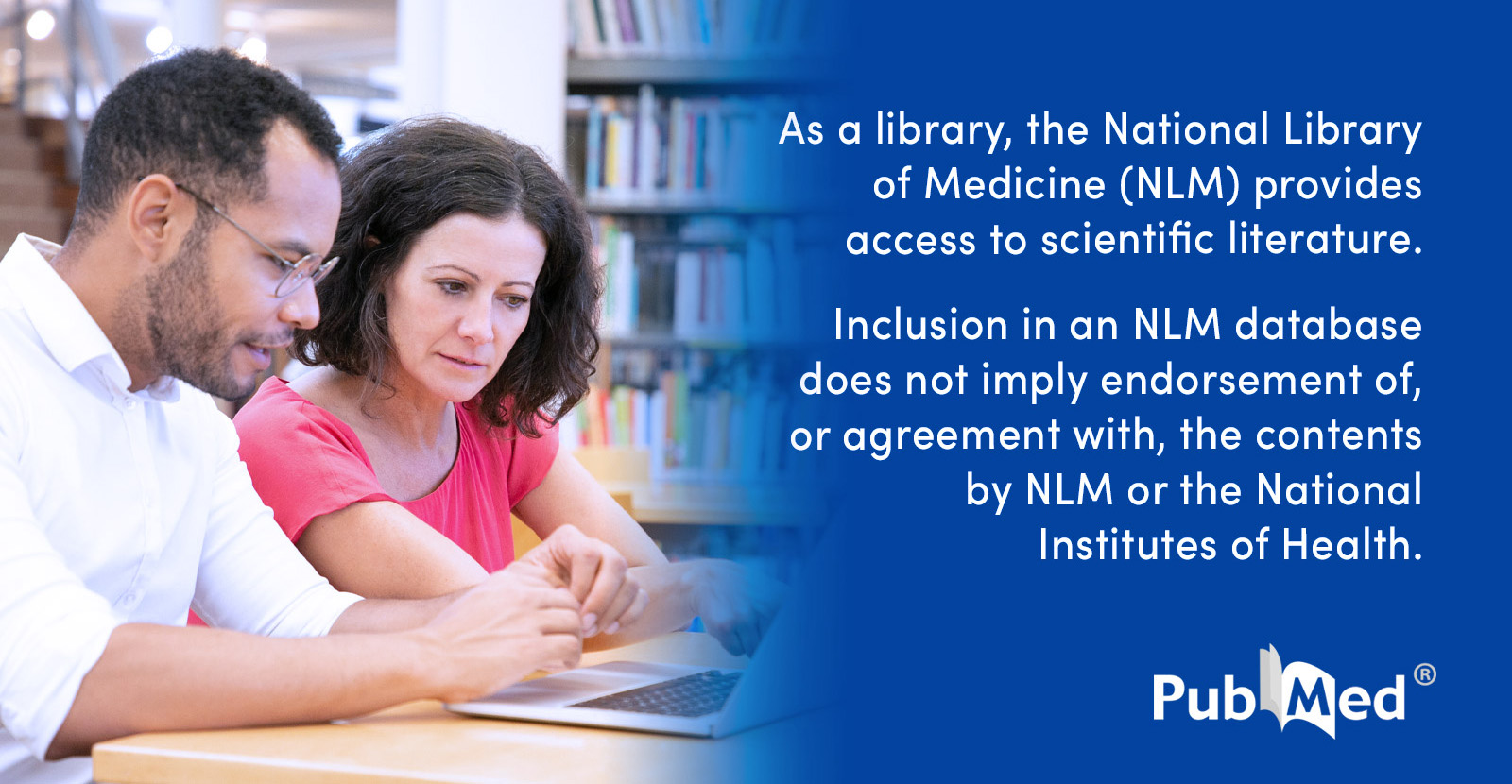The role of astrocytes in multiple sclerosis pathogenesis.
Autor: Guerrero-García, J. J.
Publication year: 2020
Neurologia
issn:2173-5808
doi: 10.1016/j.nrl.2017.07.021
Abstract:
INTRODUCTION: Multiple sclerosis (MS) is a demyelinating autoimmune disease of the central nervous system (CNS), in which astrocytes play an important role as CNS immune cells. However, the activity of astrocytes as antigen-presenting cells (APC) continues to be subject to debate. DEVELOPMENT: This review analyses the existing evidence on the participation of astrocytes in CNS inflammation in MS and on several mechanisms that modify astrocyte activity in the disease. CONCLUSIONS: Astrocytes play a crucial role in the pathogenesis of MS because they express toll-like receptors (TLR) and major histocompatibility complex (MHC) classI andII. In addition, astrocytes participate in regulating the blood-brain barrier (BBB) and in modulating T cell activity through the production of cytokines. Future studies should focus on the role of astrocytes in order to find new therapeutic targets for the treatment of MS.
Language: spa
Rights: Copyright © 2017 Sociedad Española de Neurología. Publicado por Elsevier España, S.L.U. All rights reserved.
Pmid: 28958395
Tags: Humans; Animals; Rats; Mice; Astrocitos; Astrocytes; Astrocytes/*physiology; Barrera hematoencefálica; Blood-brain barrier; Blood-Brain Barrier; Central Nervous System; Citocinas; CNS inflammation; Complejo principal de histocompatibilidad; Cytokines; Esclerosis múltiple; Inflamación del SNC; Inflammation/pathology; Major histocompatibility complex; Multiple sclerosis; Multiple Sclerosis/*physiopathology; Th1 Cells; Th17 Cells; Th2 Cells
Link: https://pubmed.ncbi.nlm.nih.gov/28958395/








